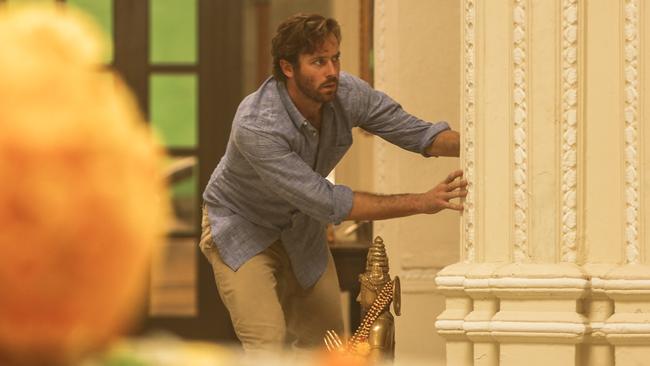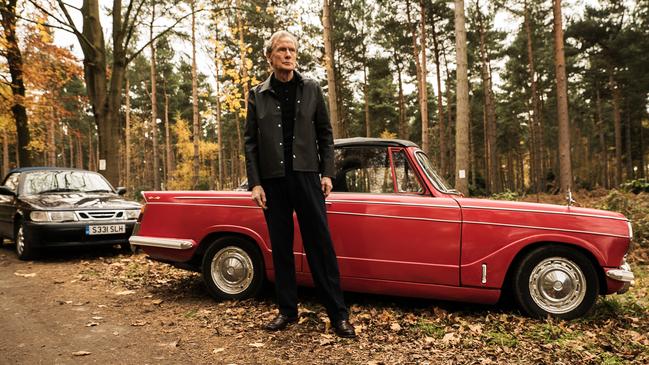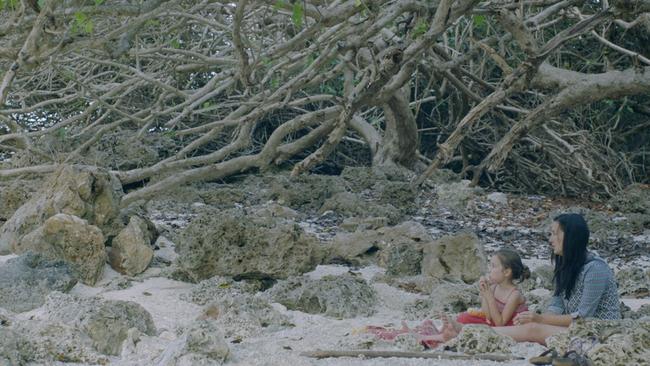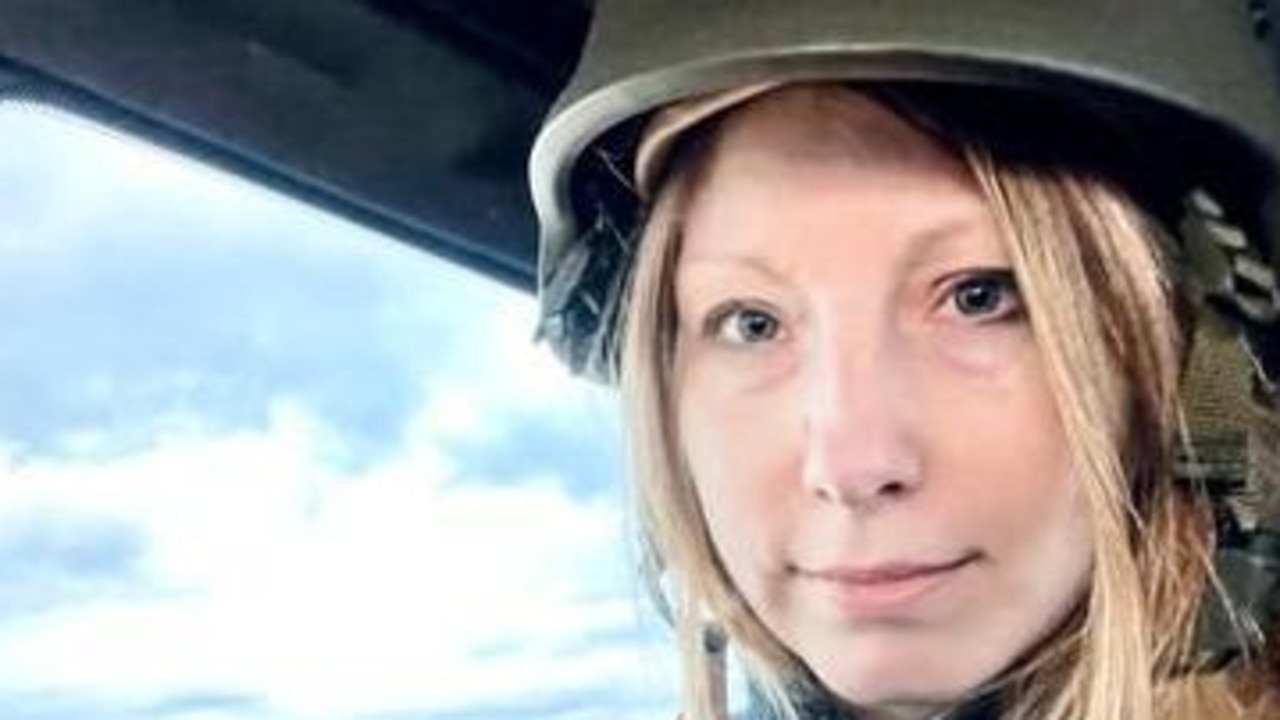Terrifying take on real tragedy
Anthony Maras’ Hotel Mumbai is not an easy film to sit through and that’s partly due to the fact that it’s been so well made.

Last year I wrote about an Australian film titled One Less God, directed by Liam Worthington. I noted that it was the second feature (after Nicolas Saada’s Taj Mahal, a French production) to deal with the 2008 attack on Mumbai’s hotel Taj Mahal by radical Islamist terrorists from Pakistan.
Made on a tiny budget, Worthington’s film failed to attract much of an audience — and Saada’s only played in this country at the French Film Festival — but now comes Hotel Mumbai, which boasts a much larger budget than either of its predecessors, and name actors including Armie Hammer and Dev Patel.
The film begins as 10 members of the Lashkar-e-Toiba extremist group arrive by boat in Mumbai harbour. The heavily armed jihadists quickly separate and spread out into the crowded city, attacking the railway station first and then a cafe before they blend with the terrified crowds who are allowed into the lobby of the imposing Taj Mahal.
This is where the massacre begins in earnest as both hotel staff and guests find themselves under fire from extremists who have been trained to think that non-Muslims simply don’t deserve to live.
We know nothing else about these 10 young fanatics, except that they’re being controlled and directed by phone from Pakistan by someone they know as The Bull.
First-time feature director Anthony Maras, who co-wrote the screenplay with John Collee, quickly introduces some of the people with whom he wants us to identify. David (Hammer) and his Muslim wife, Zahra (Nazanin Boniadi), recently married, are in the hotel dining room when the attack takes place; their baby is being cared for upstairs in their suite by their nanny, Sally (Tilda Cobham-Hervay). Vasili (Jason Isaacs) is a wealthy Russian businessman looking forward to a night with a local prostitute.
Then there are the members of the hotel staff, who self-sacrificingly attempted to help their guests — an end title reveals that more hotel staff than guests were killed. Arjun (Dev Patel), a Sikh waiter with a pregnant wife at home, and Oberoi (Anupam Kher), the hotel’s head chef, are just two of the courageous staff members.
Each of the three films on this subject has taken a slightly different approach (Taj Mahal, for example, concentrates most effectively on a teenage girl trapped in her room without knowing exactly what’s happening in the rest of the hotel). Maras and Collee fill the grim story with characters and incidents, all of them presumably based to a certain extent on real people.
In terms of violence and suspense, Hotel Mumbai is more terrifying than most traditional horror films. The mindless brutality with which innocent people are killed is shocking to behold, and most viewers will surely wonder how it might have been had they been unlucky enough to be in that hotel on that particular night.
Since 2008 there have been similarly devastating attacks in London, Paris and Brussels, and it’s pretty clear that determined fanatics could strike anywhere, at any time.
This is not an easy film to sit through and that’s partly due to the fact that it’s been so well made. You’ll need nerves of steel to experience the events the film depicts.
Bill Nighy is an actor who projects a sort of shy, awkward diffidence. Sometimes Always Never, a British film directed by Carl Hunter and written by Frank Cottrell Boyce, is an amusing vehicle for this eccentric actor. He plays Alan, a lonely and troubled man who has never recovered from the disappearance of Michael, his older son, who walked out of the family home after a dispute over a Scrabble game several years earlier and hasn’t been seen since.

We first meet Alan standing on a beach facing the sea and holding an umbrella, though it’s not raining. He approaches an ice-cream van and asks for a cappuccino — clearly he’s pretty confused.
Enter Peter (Sam Riley), Alan’s younger and neglected son. It turns out they’ve agreed to meet in this small coastal town to view a body in the local morgue, a body that might be Michael. At the B&B where they’re staying they meet Margaret (Jenny Agutter) and Arthur (Tim McInnerny), who, as it happens, have come to view the same body. Alan suggests a game of Scrabble, and wins £200 ($A371) from Arthur. The corpse proves to be the couple’s son, not Michael.
Returning from the coast, Alan decides to move in with Peter, his wife Sue (Alice Lowe) and their son Jack (Louis Healy), sleeping in a bunk bed in his grandson’s room and obsessively playing Scrabble on the boy’s computer. He becomes convinced that one of his Scrabble opponents online is Michael.
Nighy has a field day with the character of the eccentric Alan in this strangely endearing, sometimes curious film.
On one level it’s the timeless story of the prodigal son: Alan believes Michael will come home one day, and in the meantime Peter, the devoted son who stayed behind, is given little in the way of love or affection. Hunter stages some scenes in a deliberately artificial manner that adds to the oddness of it all. Yet the film has a sweetness about it, and the final scene is beautifully realised.
Cottrell’s screenplay, based on his own short story Triple Word Score, is about characters obsessed with words who, despite this obsession, are hopeless at communication. Scenes in which Alan bonds with his teenage grandson are beautifully evoked.
The film’s title comes from Alan’s advice to Jack about wearing a jacket and how to button it: the top button, sometimes; the middle one, always; and the bottom one, never. It’s a whimsical little lecture that reflects the nature of this beautifully acted character piece.
Island of the Hungry Ghosts was filmed on Christmas Island, which of course has been in the news lately. Gabrielle Brady’s semi-documentary was shot, apparently, when Australia’s detention centre on the island still housed refugees. I say apparently because it’s not entirely clear when or even how the film was made. No background details are provided, and they would have been useful.

Poh Lin Lee is a trauma counsellor who lives on the island with her French husband and two daughters. Scenes in which she listens to the stories of refugees are achingly sad and raise all kinds of moral questions about Australian policy towards genuine asylum-seekers. But it’s not clear at all if these scenes are genuine or were staged for the camera.
The point is made that the thousands of migrating red crabs that clog the island’s roads are better treated than the refugees. The film is beautifully photographed by Michael Latham, has an excellent music score by Aaron Cupples, and is never less than intriguing. But Brady’s decision to withhold vital information from the viewer is rather self-defeating. The title refers to the spirits of early Chinese settlers on the island, who were buried in unmarked graves.
Hotel Mumbai (MA 15+) 4 stars
National release
Sometimes Always Never (PG) 3.5 stars
National release
Island of the Hungry Ghosts (PG) 3 stars
Limited release



